When it comes to the pharmaceutical industry, Pfizer stands tall as a legacy company with a rich history of innovation. However, its recent financial performance and stock price movements have left investors questioning its valuation. At a market cap of $124 billion and a trading price of $22 per share, is Pfizer undervalued, or does the dip signal deeper challenges? Let’s delve into its financials and assess whether Pfizer is a buy or sell.
Valuation Breakdown: Is Pfizer Trading at a Discount?
Valuing a stock involves projecting future cash flows and discounting them to present value. Based on a discounted cash flow (DCF) model:
- Estimated Value: $240 billion
- Per-Share Value: $42
- Market Price: $22
This implies that Pfizer is trading at a 48% discount, offering a potentially lucrative opportunity for long-term investors.
Free Cash Flow Analysis
Free cash flow (FCF) measures a company's ability to generate cash after covering its operational and capital expenditure needs. Here’s how Pfizer’s FCF has trended:
- 2021: $30 billion (peak performance)
- 2023: $5 billion (82% decline from 2021)
- 2024: $10 billion (recovery with a 100% year-over-year increase)
While the decline from 2021 is significant, the rebound in 2024 suggests potential stabilization. The company currently covers its nearly 7% dividend with FCF, boasting a dividend coverage ratio of 1.2.
Revenue Trends and Segmentation
Pfizer's revenue paints a mixed picture:
- 2022 Revenue: Exceeded $100 billion (boosted by COVID-related products)
- 2024 Revenue: $64 billion (7% year-over-year increase)
By segment:
- Primary Care: $30 billion, with key products like Eliquis ($7.4 billion) and Prevnar ($6.4 billion).
- COVID-Related Products: Comirnaty and Paxlovid together dropped from $57 billion in 2022 to $10.7 billion in 2024.
- Specialty Care: Drugs like Vyndaqel surged, doubling revenue from 2022.
The revenue decline primarily stems from reduced demand for COVID-related products. However, non-COVID products are growing steadily, indicating a more balanced revenue base.
Debt and Financial Health
Pfizer has strategically managed its debt:
- Peak Debt (2023): $72 billion
- Current Debt: $65 billion
- Cash Reserves: $20 billion (sufficient to service interest payments)
The debt-to-equity ratio stands at 0.7, reflecting a stable financial structure. With $4 billion needed annually to service debt, Pfizer’s $20 billion cash reserve provides ample coverage.
Dividend Yield: A Strong Incentive
Pfizer's consistent dividend payments make it an attractive choice for income-focused investors:
- Current Yield: 8%, significantly higher due to the declining stock price.
- Quarterly Payment: Recently increased to $0.43 per share.
Pfizer’s long history of stable and growing dividend payouts underscores its commitment to shareholders.
Peer Comparison
In its sector, Pfizer holds its ground against competitors:
- Market Cap Rank: 11th in the industry
- Debt-to-Equity: Better than peers like AbbVie
- Price Multiples: Trading at 15x earnings and 13x free cash flow—better than the median.
Despite revenue declines, Pfizer outpaces its peers in efficiency and valuation metrics.
Conclusion: Is Pfizer Worth the Investment?
Pfizer’s steep decline from its 2021 highs and the market's undervaluation present a compelling investment opportunity for those with a long-term outlook. The company’s rebound in free cash flow, strong dividend coverage, and diversified portfolio suggest it’s well-positioned for stability and growth beyond the COVID-19 era.
However, with financials still recovering and the stock trading at a 52-week low, risk-averse investors may wish to wait for further clarity. For those willing to buy during uncertainty, Pfizer offers an attractive blend of dividend yield and deep value.
https://youtu.be/Sq6cJFz0UdI?si=_JyWWz5FyAn9KRQw
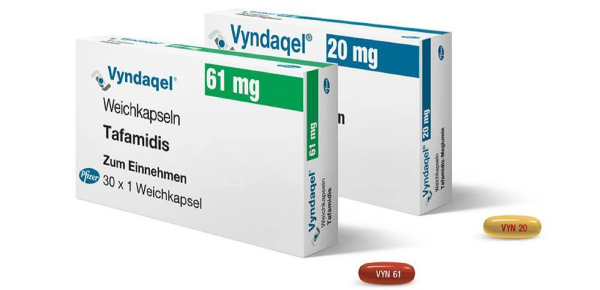
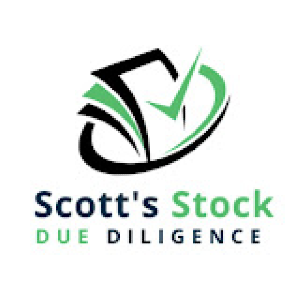
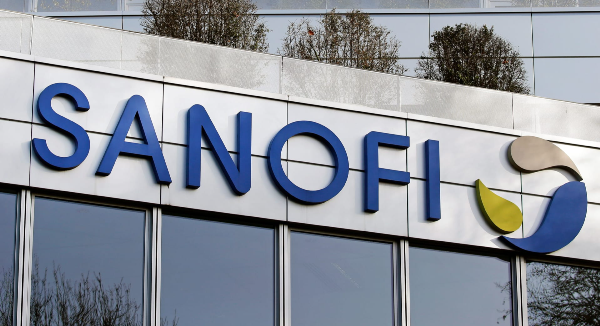



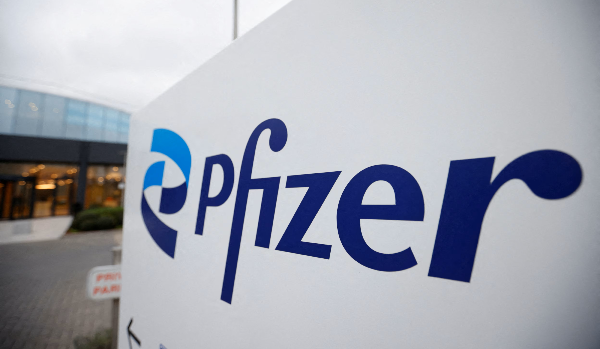
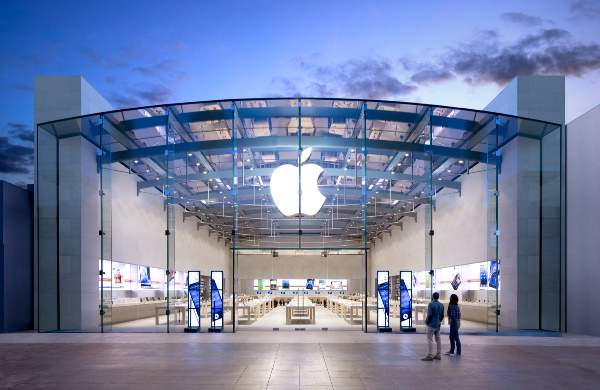

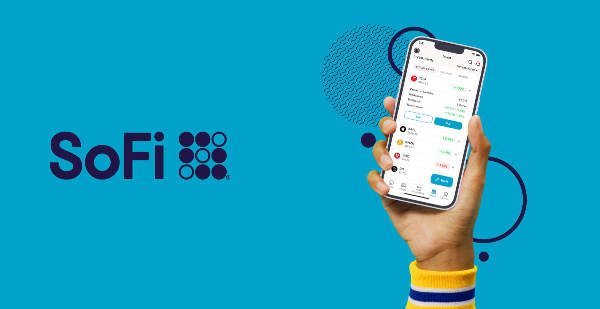
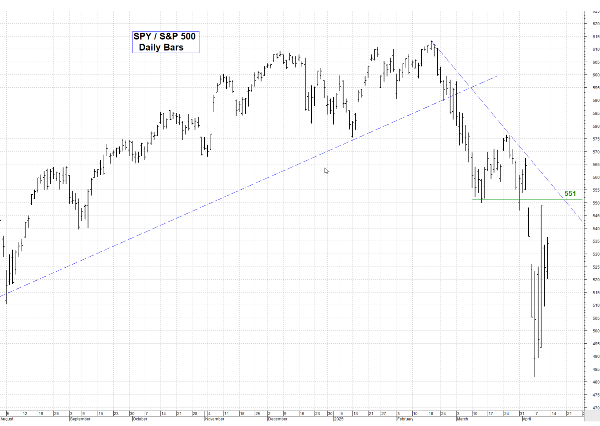






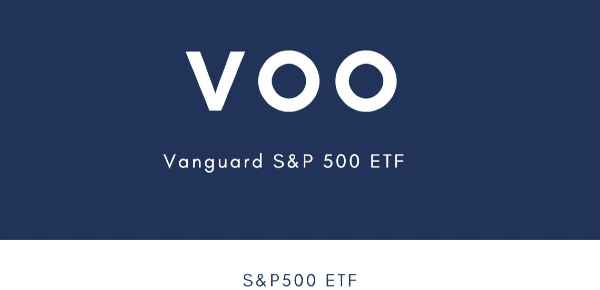

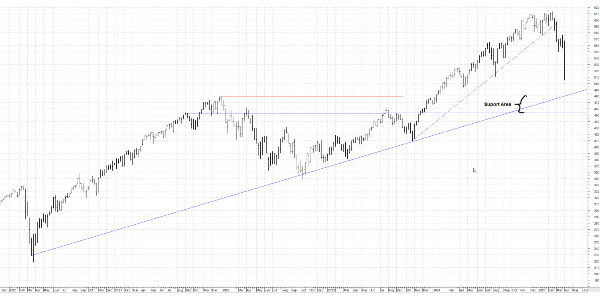


When it comes to the pharmaceutical industry, Pfizer stands tall as a legacy company with a rich history of innovation. However, its recent financial performance and stock price movements have left investors questioning its valuation. At a market cap of $124 billion and a trading price of $22 per share, is Pfizer undervalued, or does the dip signal deeper challenges? Let’s delve into its financials and assess whether Pfizer is a buy or sell.
Valuation Breakdown: Is Pfizer Trading at a Discount?
Valuing a stock involves projecting future cash flows and discounting them to present value. Based on a discounted cash flow (DCF) model:
This implies that Pfizer is trading at a 48% discount, offering a potentially lucrative opportunity for long-term investors.
Free Cash Flow Analysis
Free cash flow (FCF) measures a company's ability to generate cash after covering its operational and capital expenditure needs. Here’s how Pfizer’s FCF has trended:
While the decline from 2021 is significant, the rebound in 2024 suggests potential stabilization. The company currently covers its nearly 7% dividend with FCF, boasting a dividend coverage ratio of 1.2.
Revenue Trends and Segmentation
Pfizer's revenue paints a mixed picture:
By segment:
The revenue decline primarily stems from reduced demand for COVID-related products. However, non-COVID products are growing steadily, indicating a more balanced revenue base.
Debt and Financial Health
Pfizer has strategically managed its debt:
The debt-to-equity ratio stands at 0.7, reflecting a stable financial structure. With $4 billion needed annually to service debt, Pfizer’s $20 billion cash reserve provides ample coverage.
Dividend Yield: A Strong Incentive
Pfizer's consistent dividend payments make it an attractive choice for income-focused investors:
Pfizer’s long history of stable and growing dividend payouts underscores its commitment to shareholders.
Peer Comparison
In its sector, Pfizer holds its ground against competitors:
Despite revenue declines, Pfizer outpaces its peers in efficiency and valuation metrics.
Conclusion: Is Pfizer Worth the Investment?
Pfizer’s steep decline from its 2021 highs and the market's undervaluation present a compelling investment opportunity for those with a long-term outlook. The company’s rebound in free cash flow, strong dividend coverage, and diversified portfolio suggest it’s well-positioned for stability and growth beyond the COVID-19 era.
However, with financials still recovering and the stock trading at a 52-week low, risk-averse investors may wish to wait for further clarity. For those willing to buy during uncertainty, Pfizer offers an attractive blend of dividend yield and deep value.
https://youtu.be/Sq6cJFz0UdI?si=_JyWWz5FyAn9KRQw